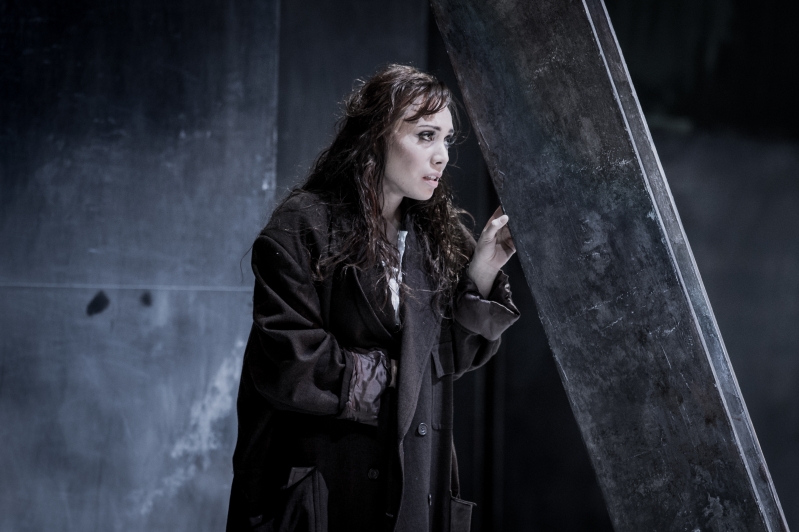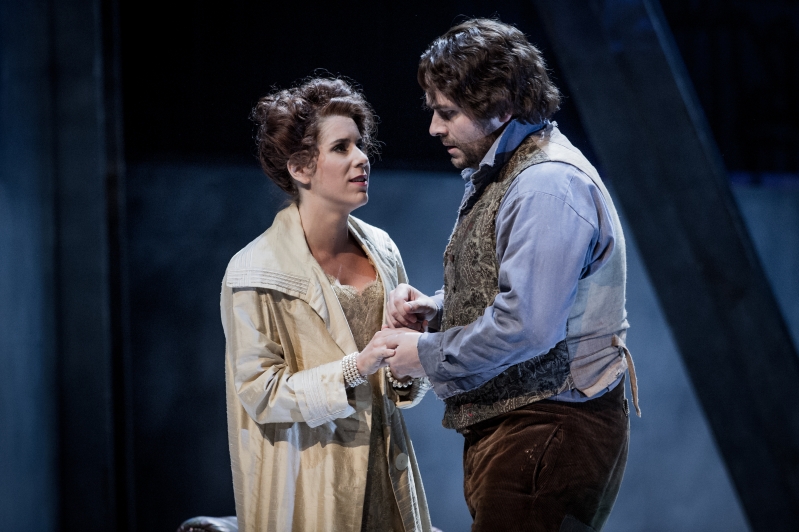
Giacomi Puccini wrote some of the most popular operas of all time. They are regularly performed and bring out large, enthusiastic audiences, but why? We explore the clues hidden in his musical writing to find out why so many people are drawn to his music and what it is about his operas that is so attractive.
The most obvious feature of his music is its lyrical simplicity. Virtually anyone can hum a familiar Puccini tune – whether it is the tender melody of O mio babbino caro from his Gianni Schicchi or the climactic high notes of Nessun dormafrom the opera Turandot. Catchy tunes are sprinkled throughout Puccini’s music.
This is especially striking when we consider the time in which he was composing. In the late 1800s and early 1900s, earworms were beginning to seem like an endangered species. More and more composers had begun looking towards unequal rhythms and disturbed, restless harmonies.

But Puccini remained steadfast with his accessible and melodious writing. And yet, he retained an original compositional voice – Puccini’s work is unmistakeable. This combination of accessibility and originality is one of the reasons why his music continues to flourish today. A prime example is the aria Quando me’n vo from La bohème.
At this point in the opera, Musetta sings a narcissistic aria declaring her own radiant beauty. She reflects on how everyone stops and looks at her when she walks down the street all by herself. And she sings these self-congratulatory words to a lilting melody, frequently doubled by the violins, soaring to the top of her range several times.
This melody is so iconic that it has found a prominent place in popular culture. It was used in Della Reese’s hit record Don’t You Know? This song reached number one on the United States Rhythm and Blues Chart. In fact, the whole of La bohèmeinspired Jonathan Larson’s rock musical RENT, which ran on Broadway for over 12 years.
Bearing all of this in mind, Puccini’s operas are ideal for people wanting to experience opera for the first time and Welsh National Opera’s production of La bohème is the perfect way to get started.
All WNO performances come with surtitles in English (surtitles are a translation of the lyrics displayed above the stage). This is in addition to the Welsh surtitles in our Welsh venues, so you don’t have to worry about not understanding what’s being sung on stage. Moreover, WNO doesn’t have a dress code, so you also don’t have to worry about wearing the wrong thing.
La bohème tickets start from just £13, so come and experience Puccini’s lyrical music for yourself this Autumn. The production is touring to Cardiff, Llandudno, Plymouth, Birmingham, Southampton and Oxford between 25 September and 3 December.



